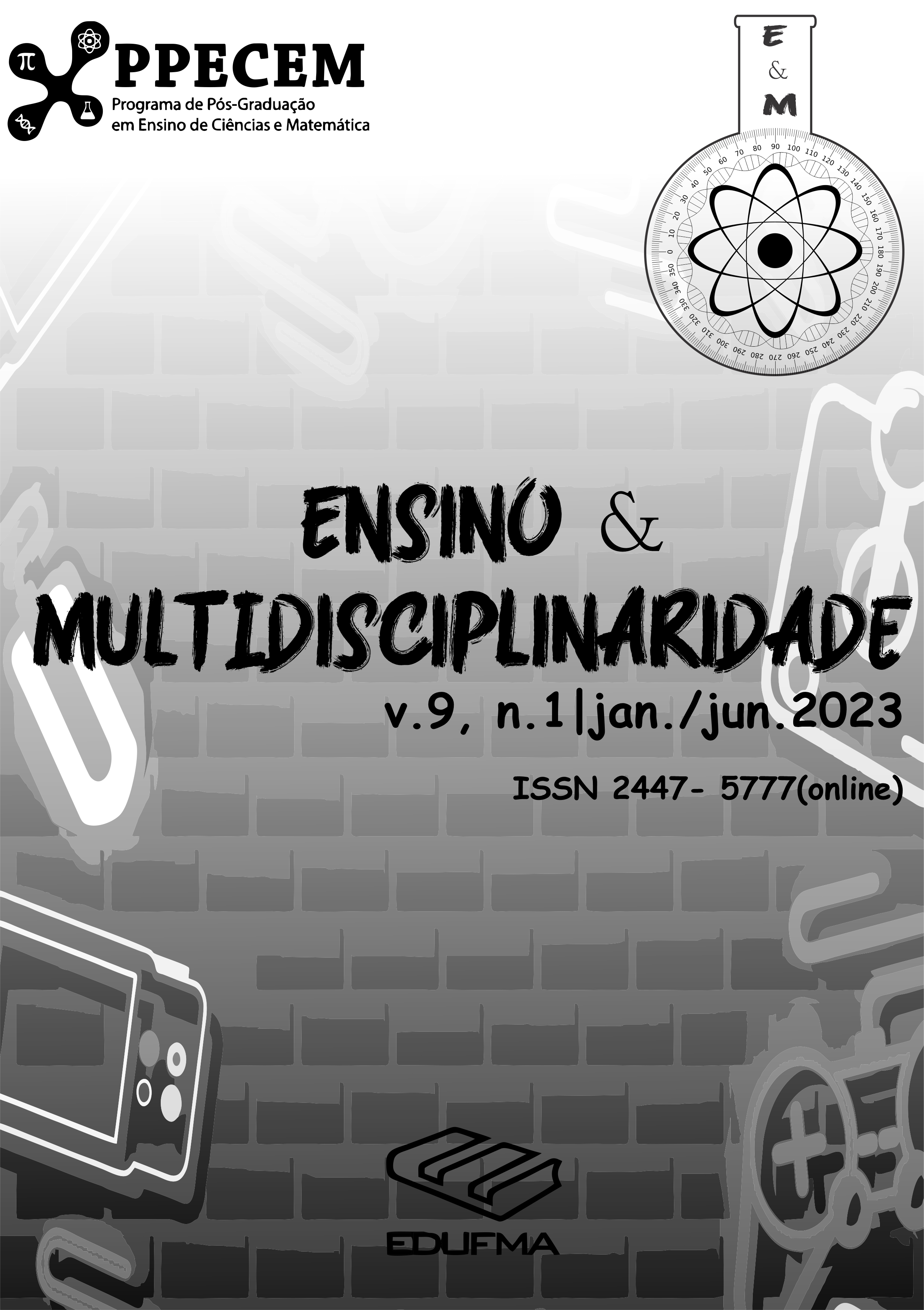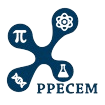Potentialities of the game Catan on the creation of probabilistic notions
DOI:
https://doi.org/10.18764/2447-5777v9n1.2023.5Keywords:
Games, Probabilistic Thinking, Mathematical laboratory, Mathematical educationAbstract
This article recaptures and deepens the discussions initiated on the research for the final paper of the first author’s graduation, under the guidance of the second author. The main goal of the research is to investigate possible contributions of the games Catan and Pindorama on the production of mathematical knowledge, and in this article, the focus is directed particularly towards matters involving probabilistic notions. The data analyzed was produced through a pedagogical practice held with 9th grade students, in the Mathematics Laboratory of a public school in Porto Alegre. The research was developed from a qualitative perspective, due to the interest in the processes carried out by the students. In the data analysis, contributions of these games to the production of some mathematical notions were identified, such as strategic thinking, modeling of situations from reality to the context of the game, in addition to matters like competition and cooperation between the players. In particular, the development of probabilistic concepts is highlighted, such as understanding the notions of sample space, events and probability calculation, comparing the chances of occurrence of certain events, and the perception of the random factor present in games.
Downloads
Metrics
References
BOGDAN, R. C.; BIKLEN, S. K. Investigação qualitativa em Educação: uma introdução à teoria e aos métodos. Porto Editora, 1994.
BRYANT, P.; NUNES, T. Children’s understanding of probability. A literature review (full report). Londres: Nuffield Foundation, 2012.
DALCIN, A.; BERTOLUCCI, C. C.; SILVA, T. R. Laboratório de matemática: uma parceria entre UFRGS e escolas públicas de Porto Alegre. Revista da extensão da UFRGS, Porto Alegre, v. 21, p. 26-32, 2020.
FONTANELLA, R. E. F. Contribuições do Jogo Catan para o Desenvolvimento de Saberes Matemáticos. 2023. TCC (Graduação) – Curso de Licenciatura em Matemática, Universidade Federal do Rio Grande do Sul, Porto Alegre, 2023.
GIORDANI, L. F.; RIBAS, R. P. Jogos Lógicos de Tabuleiro: imersão no território escolar. Revista Didática Sistêmica, Rio Grande, v. 17, n. 1, p. 29-42, 2015.
GRANDO, R. C. Concepções quanto ao uso de jogos no ensino da Matemática. Revista de Educação Matemática, São Paulo, v. 10, n. 12, p. 45-52, 2007.
GRANDO, R. C. Conversando sobre Jogos na Educação Matemática. Matemática Humanista. Youtube, 14 jul. 2022. Disponível em: https://www.youtube.com/live/PF8yF-2ga9Y?feature=share. Acesso em: 12 Jun. 2023.
GRANDO, R. C. Recursos didáticos na Educação Matemática: jogos e materiais manipulativos. Revista
Eletrônica Debates em Educação Científica e Tecnológica, Vila Velha, v. 5, n. 2, p. 393-416, 2015. https://doi.org/10.36524/dect.v5i02.117
HERZOG, R. C. B. et al. Probabilidade na Educação Básica: uma proposta de jogo como recurso didático. Em Teia | Revista de Educação Matemática e Tecnológica Iberoamericana, Recife, v. 10, n. 2, p. 1-14, 2019. https://doi.org/10.36397/emteia.v10i2.239544
HUIZINGA, J. Homo ludens: o jogo como elemento de cultura. São Paulo: Perspectiva, 2019.
KROHL, D. R.; POTRIKUS, B. H. P.; ARAUJO, K. F.; OLIVEIRA, L.; DUTRA, T. C. Aprendizagem baseada em jogos: reflexões sobre o uso de jogos de tabuleiro durante período de isolamento social na educação matemática. Revista Eletrônica Debates em Educação Científica e Tecnológica, Vila Velha, v. 11, n. 1, p. 155-180, 2021. https://doi.org/10.36524/dect.v11i01.1248
MORGADO, A. C. O. et al. Análise Combinatória e Probabilidade. Rio de Janeiro: Sociedade Brasileira de Matemática, 1991.
SMOLE, K. C. S.; DINIZ, M. I. S. V.; MILANI, E. Jogos de matemática do 6° ao 9° ano. Cadernos do Mathema. Porto Alegre: Artmed, 2007.
VIANNA, C. R. Resolução de Problemas. In: Livro Temas em Educação I: Jornadas. Curitiba: Futuro Congressos e Eventos, 2002.
Downloads
Published
How to Cite
Issue
Section
License
Copyright (c) 2023 Ensino & Multidisciplinaridade

This work is licensed under a Creative Commons Attribution 4.0 International License.
Autores que publicam nesta revista concordam com os seguintes termos:
a. Autores mantém os direitos autorais e concedem à revista o direito de primeira publicação, com o trabalho simultaneamente licenciado sob a Licença Creative Commons CC BY que permite o compartilhamento do trabalho com reconhecimento da autoria e publicação inicial nesta revista.
b. Autores têm autorização para assumir contratos adicionais separadamente, para distribuição não-exclusiva da versão do trabalho publicada nesta revista (ex.: publicar em repositório institucional ou como capítulo de livro), com reconhecimento de autoria e publicação inicial nesta revista.
c. Autores têm permissão e são estimulados a publicar e distribuir seu trabalho online (ex.: em repositórios institucionais ou na sua página pessoal) após a publicação final do manuscrito.




















